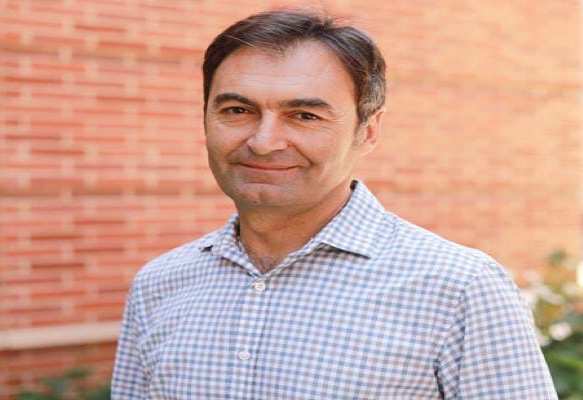The 2nd Africa Health Harm Reduction conference that is ongoing in the Moroccan city of Marrakech is calling for resilience building in the face of rising casualties whenever disasters strike.
Speaking at the start of the conference, the Chair of the Civil and Environmental Engineering Department at the University of California, Los Angeles, Prof Ertugrul Taciroglu said that more innovative ways are needed in dealing with natural disasters.
Speaking on the topic of Achieving Seismic Resilience Preparing for the Inevitable, Prof. Ertugrul said that earthquakes will continue to happen, hence the need for resilience building.
“We do not design buildings so that they do not collapse, we design buildings so that when they collapse due to some reason like a natural disaster like an earthquake, they don’t harm people,” says Prof. Ertugrul Taciroglu.
The Professor of Civil Engineering says that there is a need to ensure that, “You have to come up with designs that ensure that your most important structures are operational even under the largest earthquakes,” he says and adds, “And that your residential buildings are designed not to collapse for the rarest earthquake.”
Embracing new technologies, he says, will aid in improving seismic resilience, “when one about new technologies, they think it is expensive but in reality it is not so,” he offers.
Prof. Taciroglu says new technologies are offering seismic safety which in the long run guarantees the safety of the facilities over a lifetime, this goes together with mapping out where the risky structures are using artificial intelligence and computer models. Such inventories he says will aid in response strategies whenever disaster strikes.
He said that the recent disaster in Morocco in which nearly 2000 people perished, calls for reorientation on disaster responses.
“A multidisciplinary approach in which there are engineers, social scientists, medics, economists, public health officials, and politicians, he says, ‘and only through this kind of collaboration that the problems can easily be resolved. need to be involved so as to have a holistic approach,” he said and added that, “earthquakes are inevitable.”
He is urging those studying engineering more so, civil engineering to study in multidisciplinary areas, “like economics, social science, other disciplines of engineering, because the disasters we are facing earthquakes included, are all multidisciplinary problems,” says Prof. Taciroglu.
The second edition of the Africa Health Harm Reduction is taking place under the High Patronage of His Majesty King Mohammed VI, jointly organized by the Ministry of Health and Social Protection and the Ministry of Agriculture, Fisheries, Rural Development, and Water and Forests, in collaboration with the African Global Health (AGH) initiative.
This conference brings together more than 83 countries bringing together African, Asian, and South American policy planners and ministers as well as researchers, under the central theme of the conference being, “Water, Environment, and Food Security.”





